 Erushka Pillay leads public health programs on non-communicable diseases (NCDs) and HIV. Many of these programs have focused on health systems strengthening, capacity building of health care workers and access to care for marginalized communities.
Erushka Pillay leads public health programs on non-communicable diseases (NCDs) and HIV. Many of these programs have focused on health systems strengthening, capacity building of health care workers and access to care for marginalized communities.
The growing HIV epidemic in South Africa and the barriers to care that Erushka witnessed pushed her to pursue work in her chosen field.
What are you most proud of?
I have worked on projects that have impacted the lives of marginalized individuals and communities e.g. leading one of the first NCD projects in the public sector in South Africa. Also, I have encouraged the professional growth and development of my staff so that they can grow, I have had two staff finish a Masters degree and numerous others take on short courses and part time degrees by creating opportunities in the work space to allow for that growth and development.
What do you wish you had done differently?
I would have worked harder to ensure that programs I developed were planned for sustainability in the initial planning and concept development phases, this would be in terms of the NCD clinic we developed which had to close it’s doors once the funders pulled out.
Another wish was to drive the agenda to include greater government engagement and buy in at all levels for the various projects. In all the projects I have worked on, government involvement, or lack of commitment, has been a key determinant of long success and sustainability.
What are some of the biggest challenges you have faced? How did you overcome them? What are some of the lessons learnt?
The biggest challenge faced in the conceptualization, development, and implementation of any public health program is that of time. Often programs are funded for 2-5years whereas, the reality is that to get a true grasp on the realities on the ground and ensure successful stakeholder engagement and involvement these timeframes are often not realistic. To ensure that implementation is successful, more time needs to be allocated by funders for the planning and engagement phases. Secondly, I would work with teams to set realistic implementation goals, targets and anticipated outcomes. Funding needs to match the expected outcomes. Always work to ensure government systems are strengthened and improved to ensure sustainability.
What are some of the opportunities you see for women in health on the African continent?
There are opportunities for Women in Health to take a lead in the development of innovations and technologies that will improve the outcomes across the continent. We need to encourage Women in Health to take on a unique African perspective, as what works in the West is not always applicable for Africa.
Women need to start leading the field of Public Health in terms of research, publications and representing Africa and the amazing work we do on the global stage. Most of all, we need to support each other and not be intimidated by the success of other women.
What advice do you have for other women in health?
Trust in your self and your abilities, you can do anything you set your mind to. Trust your intuition it never fails you.


Leave a Reply